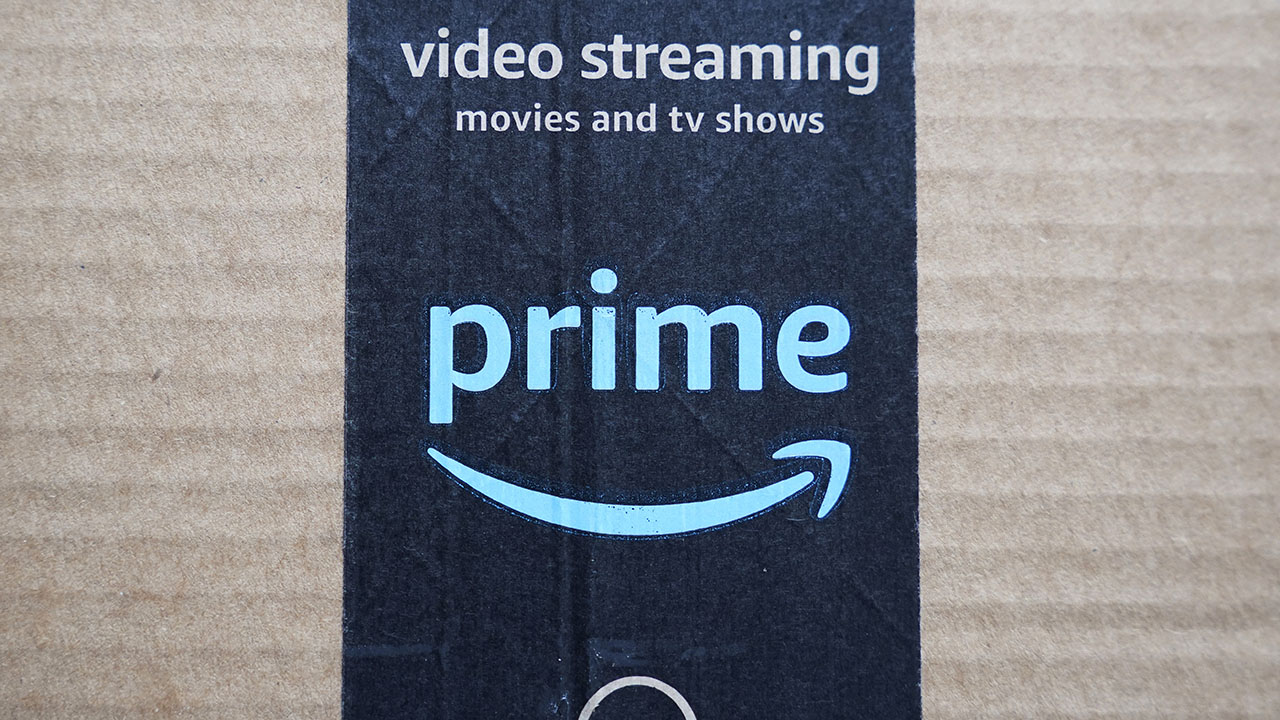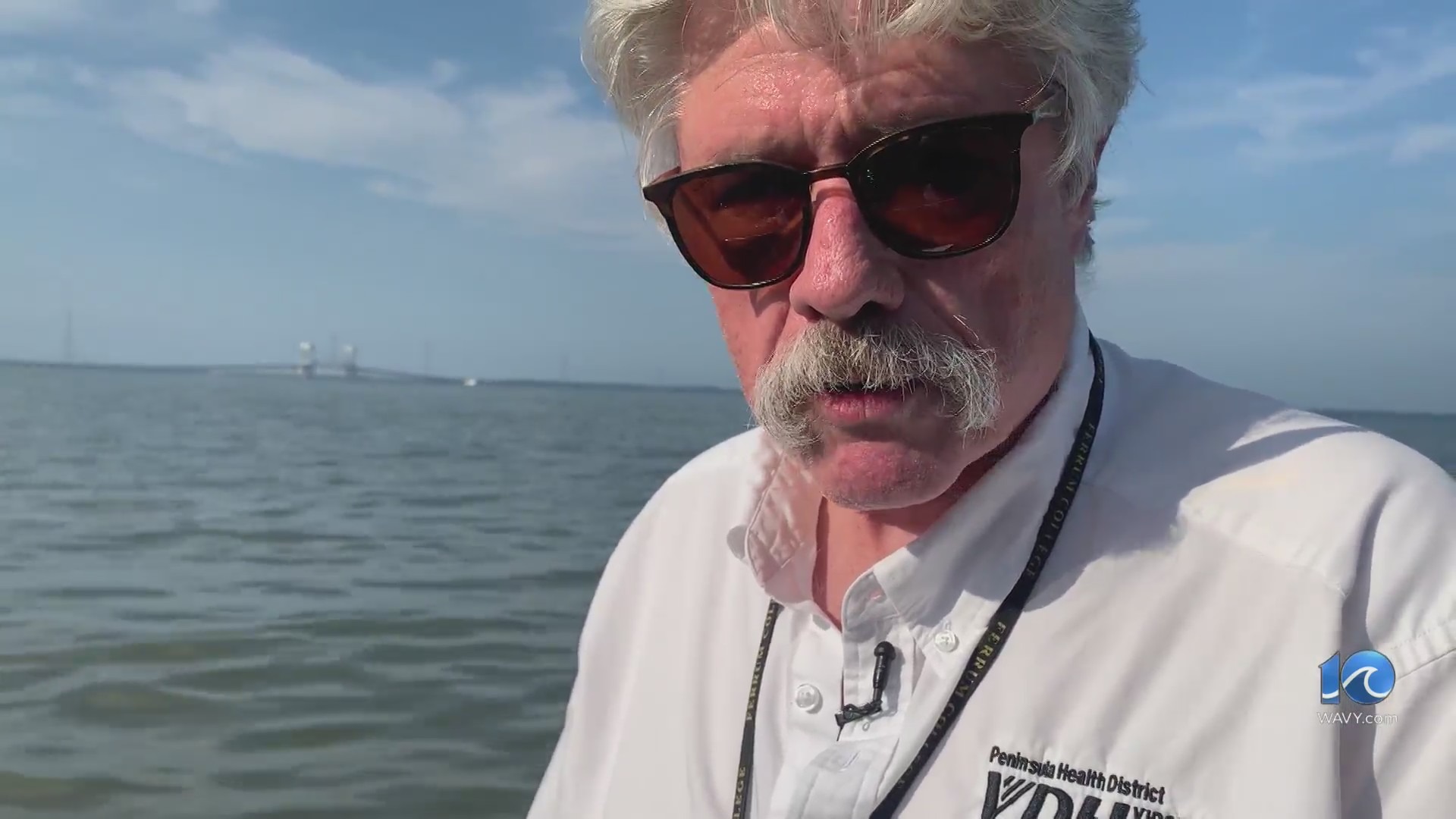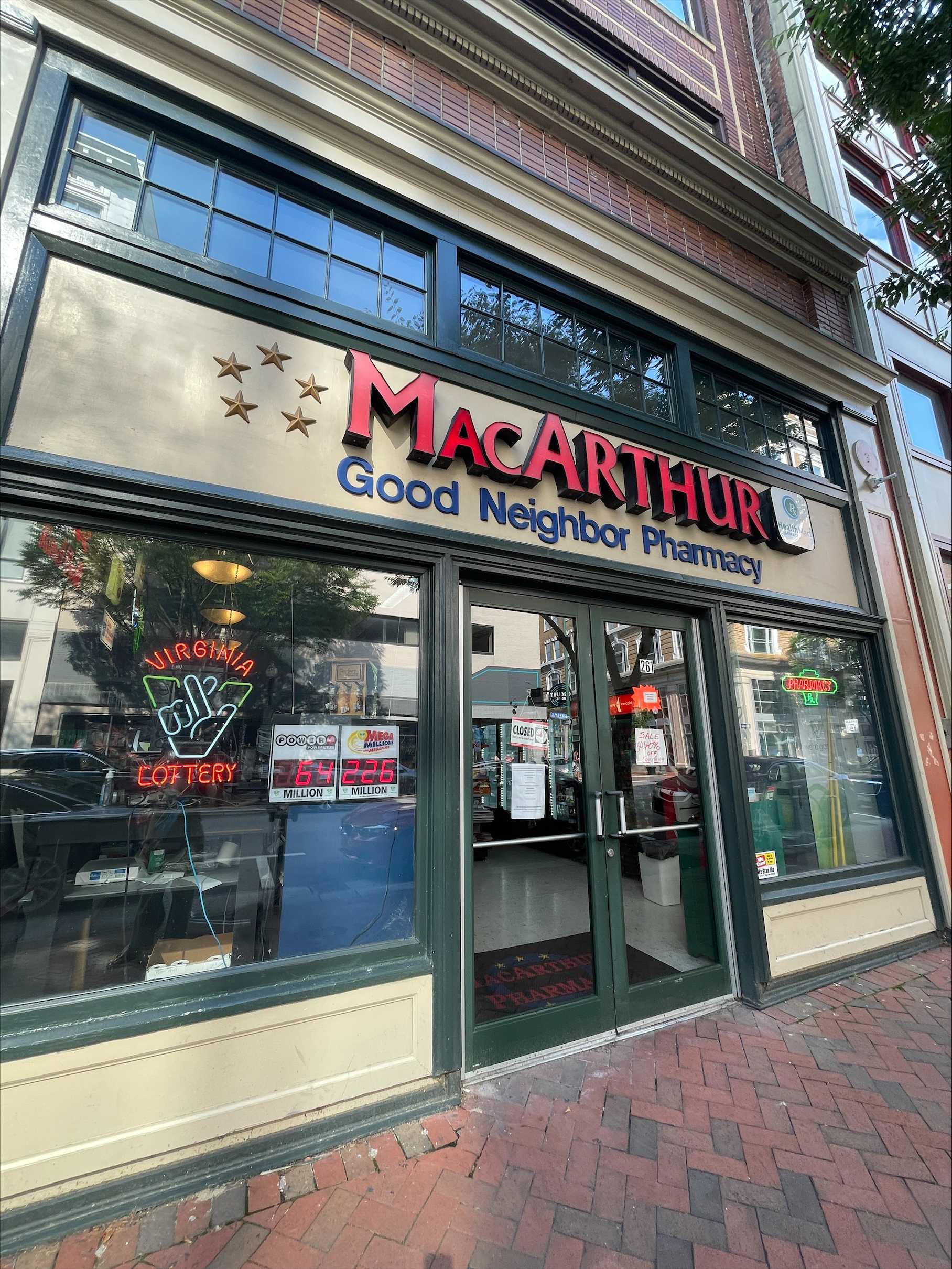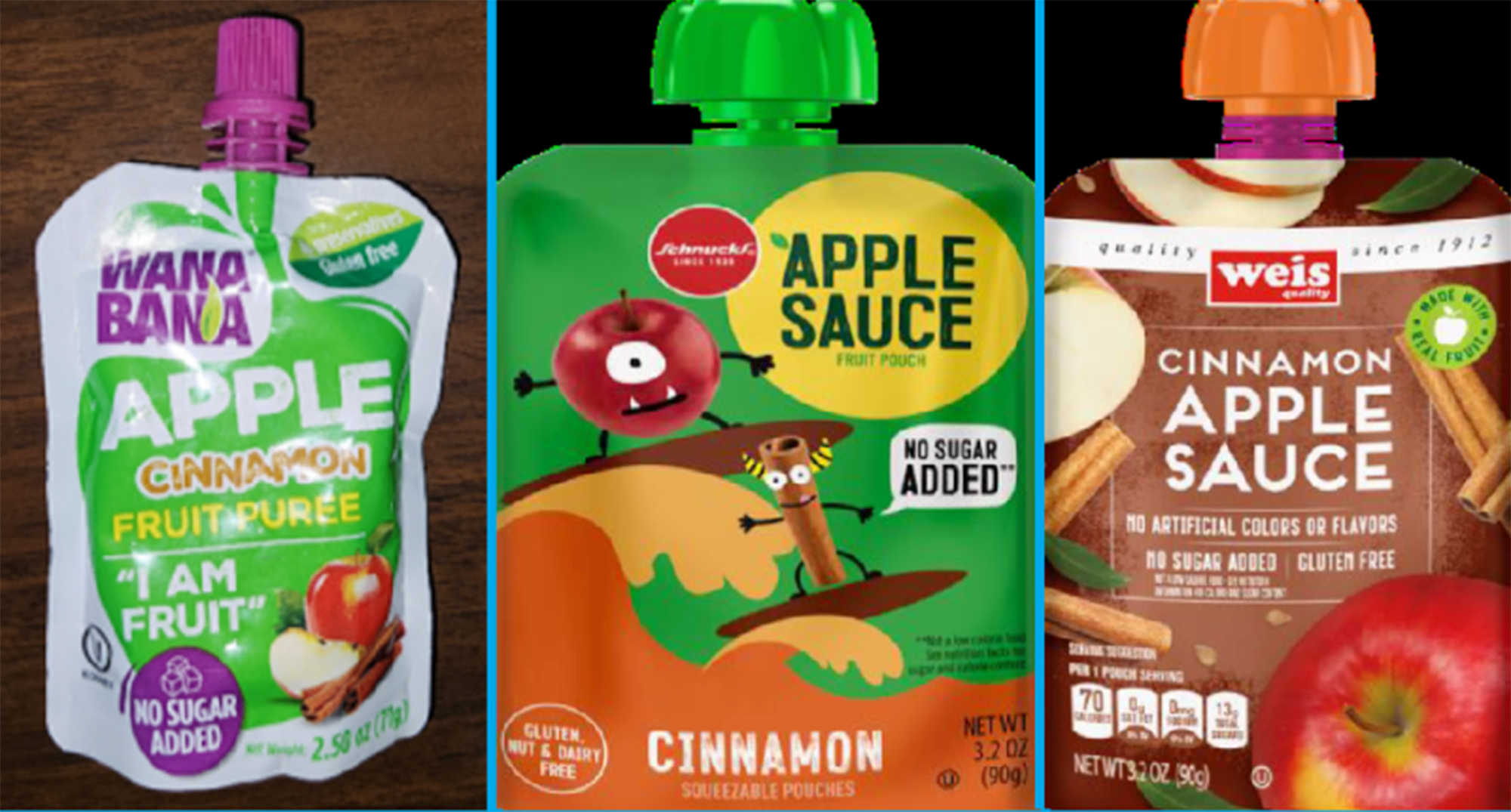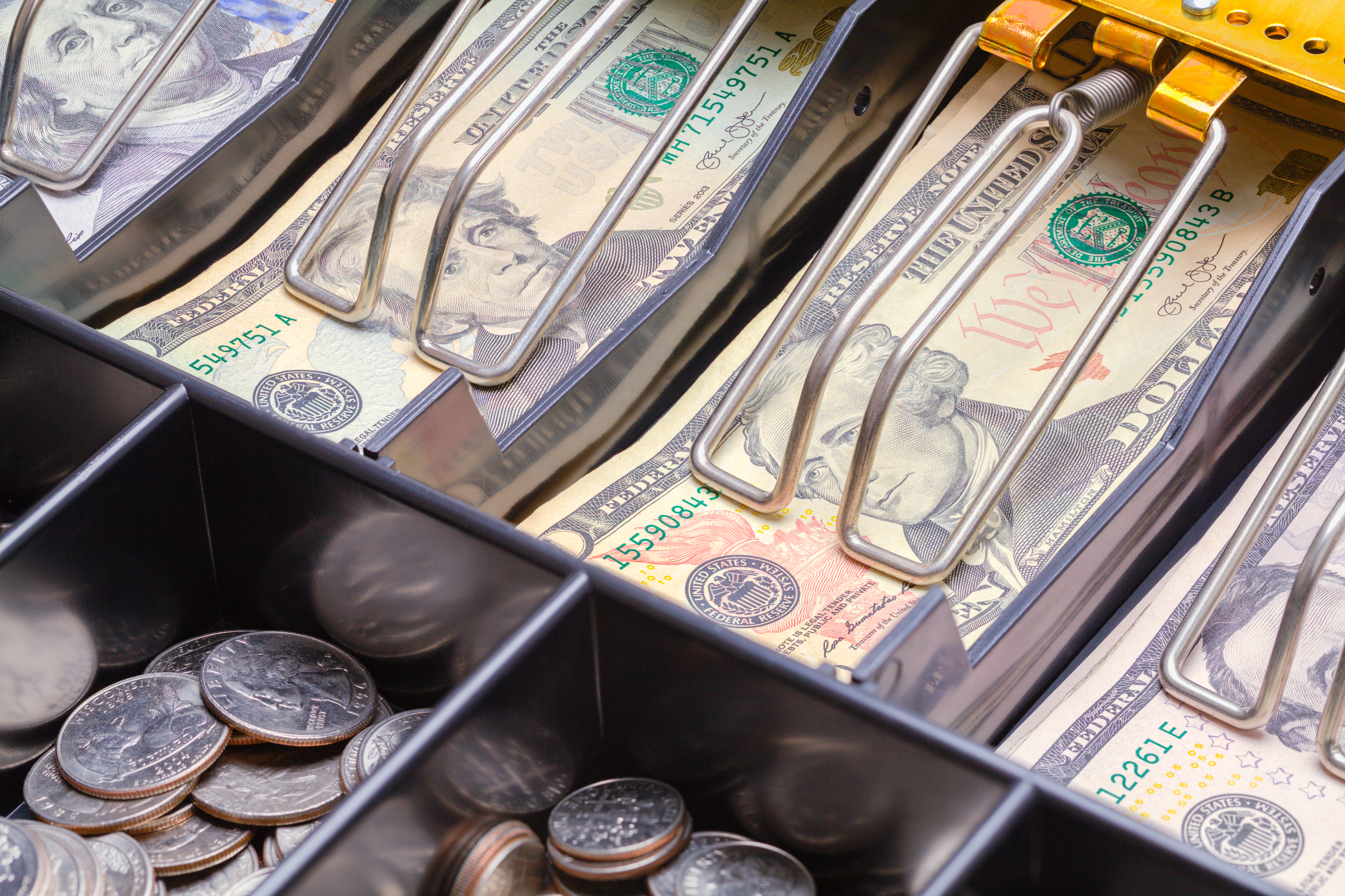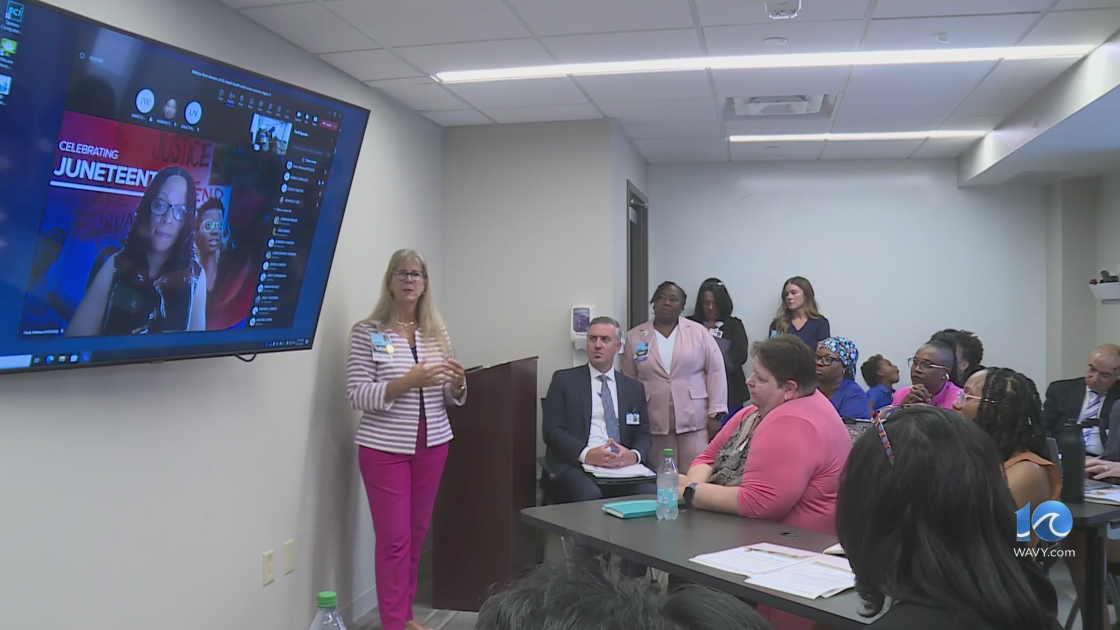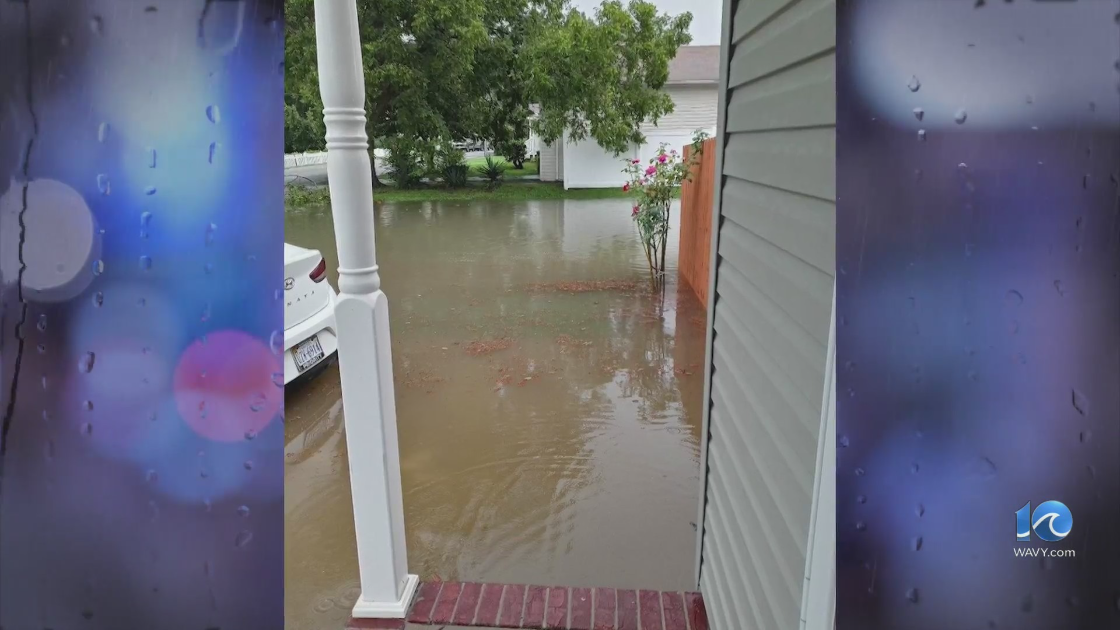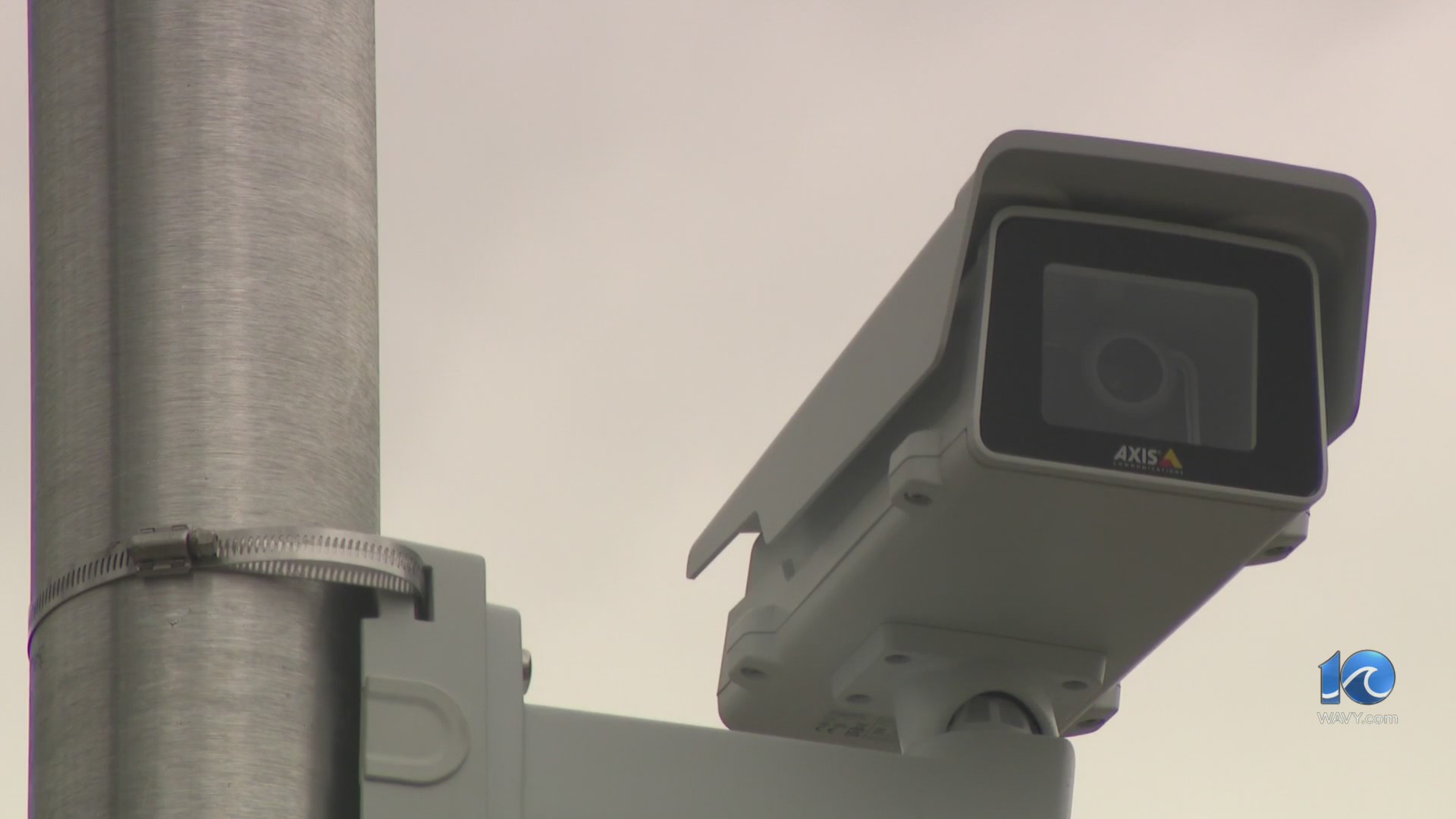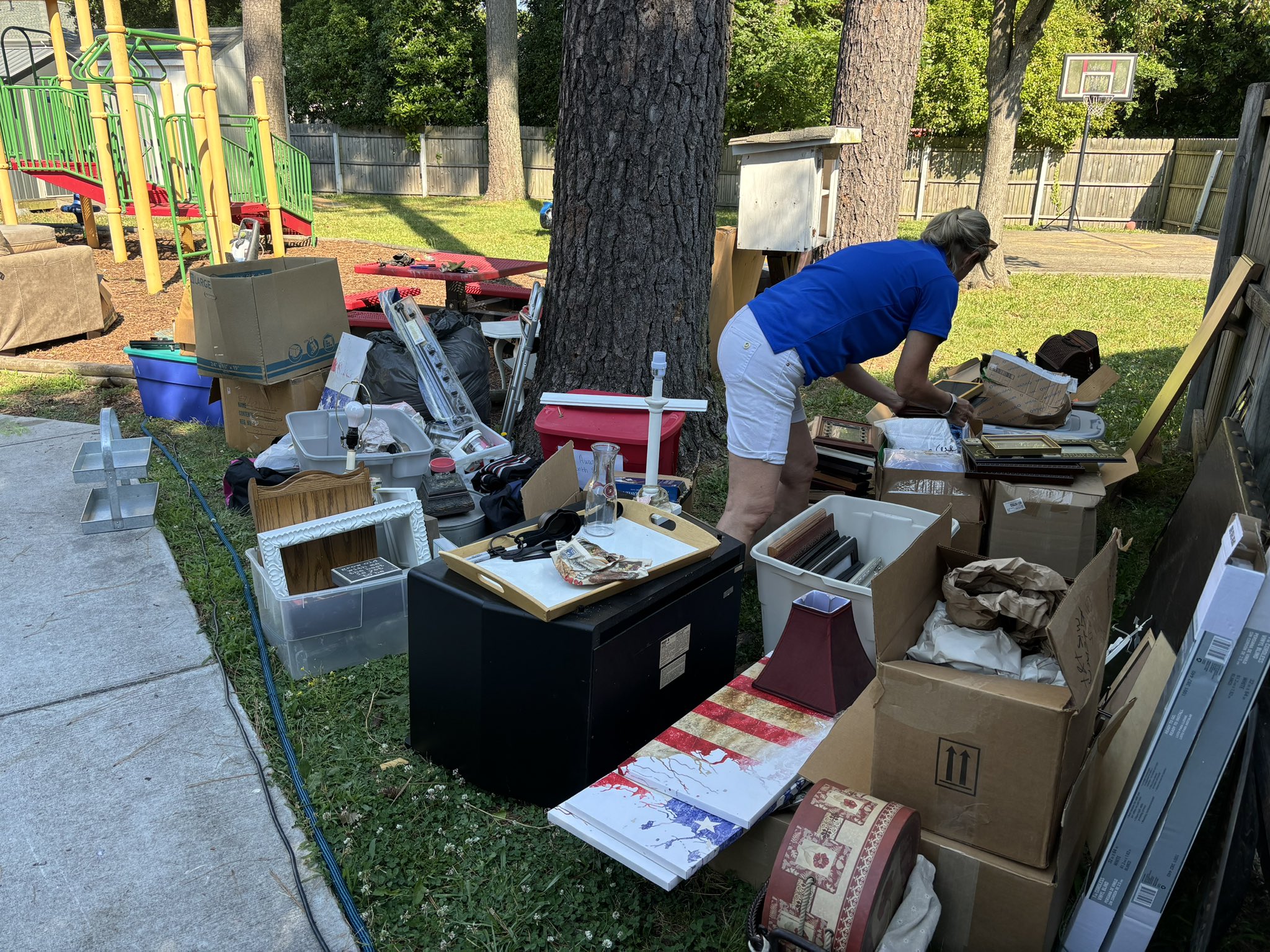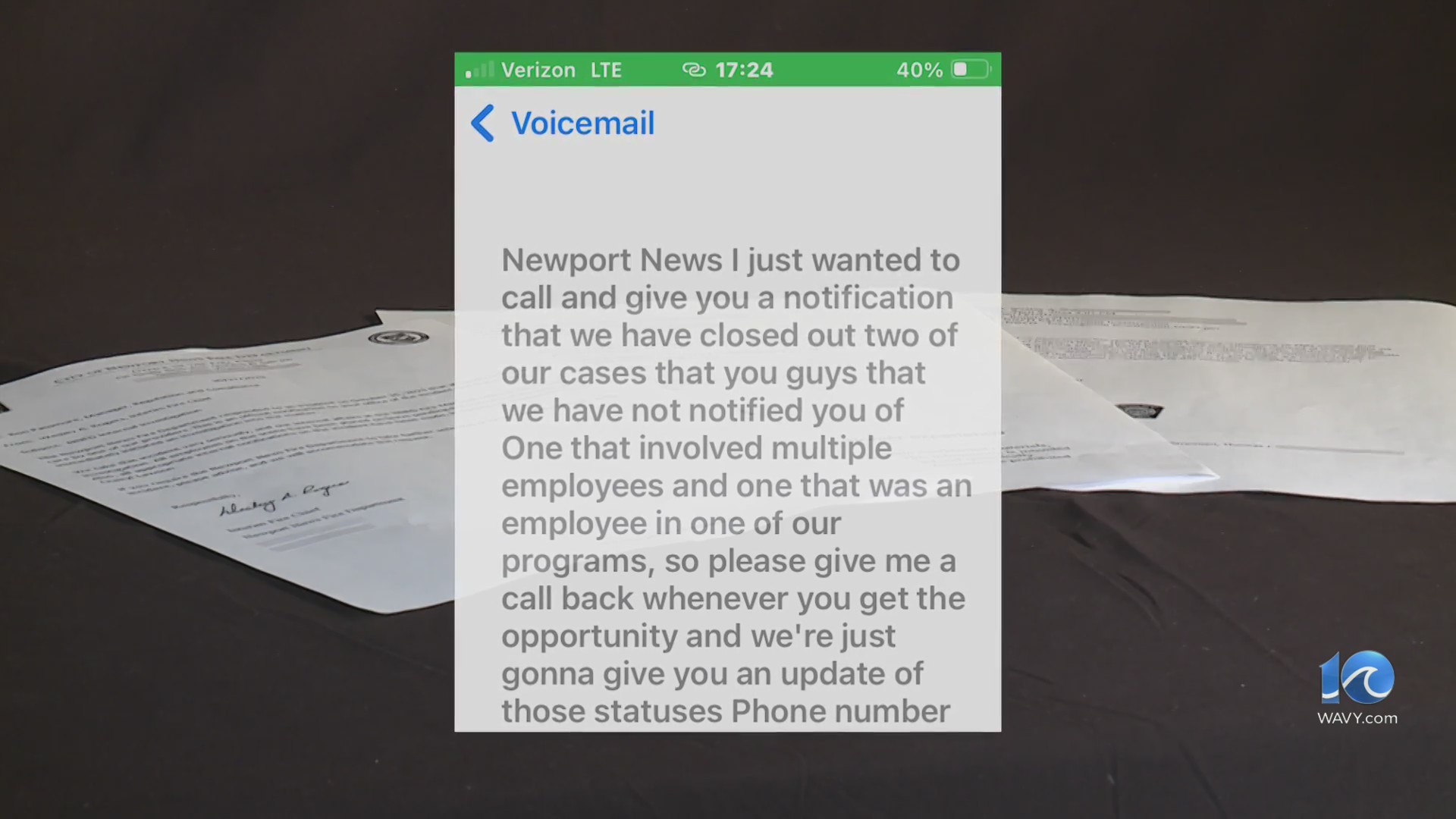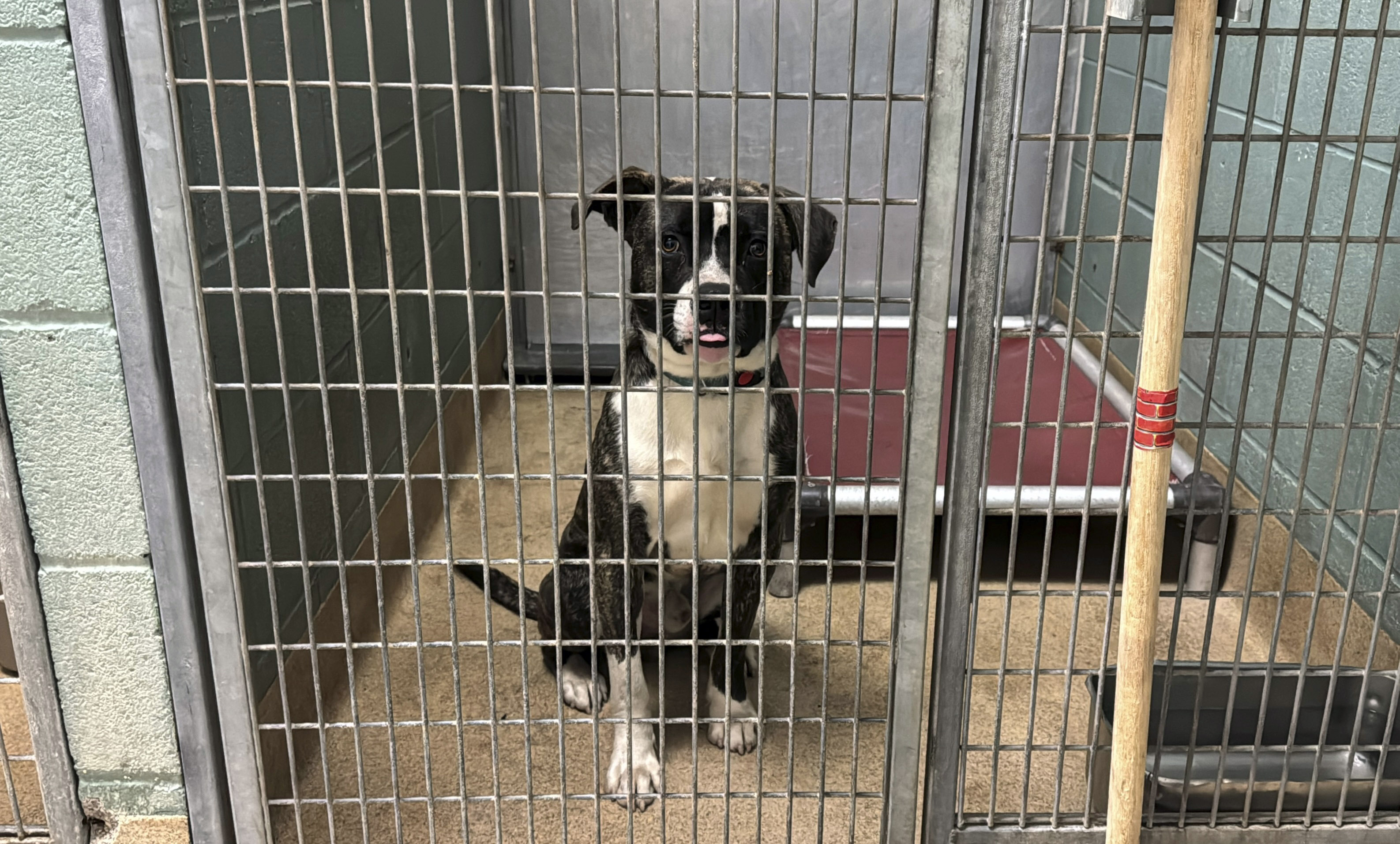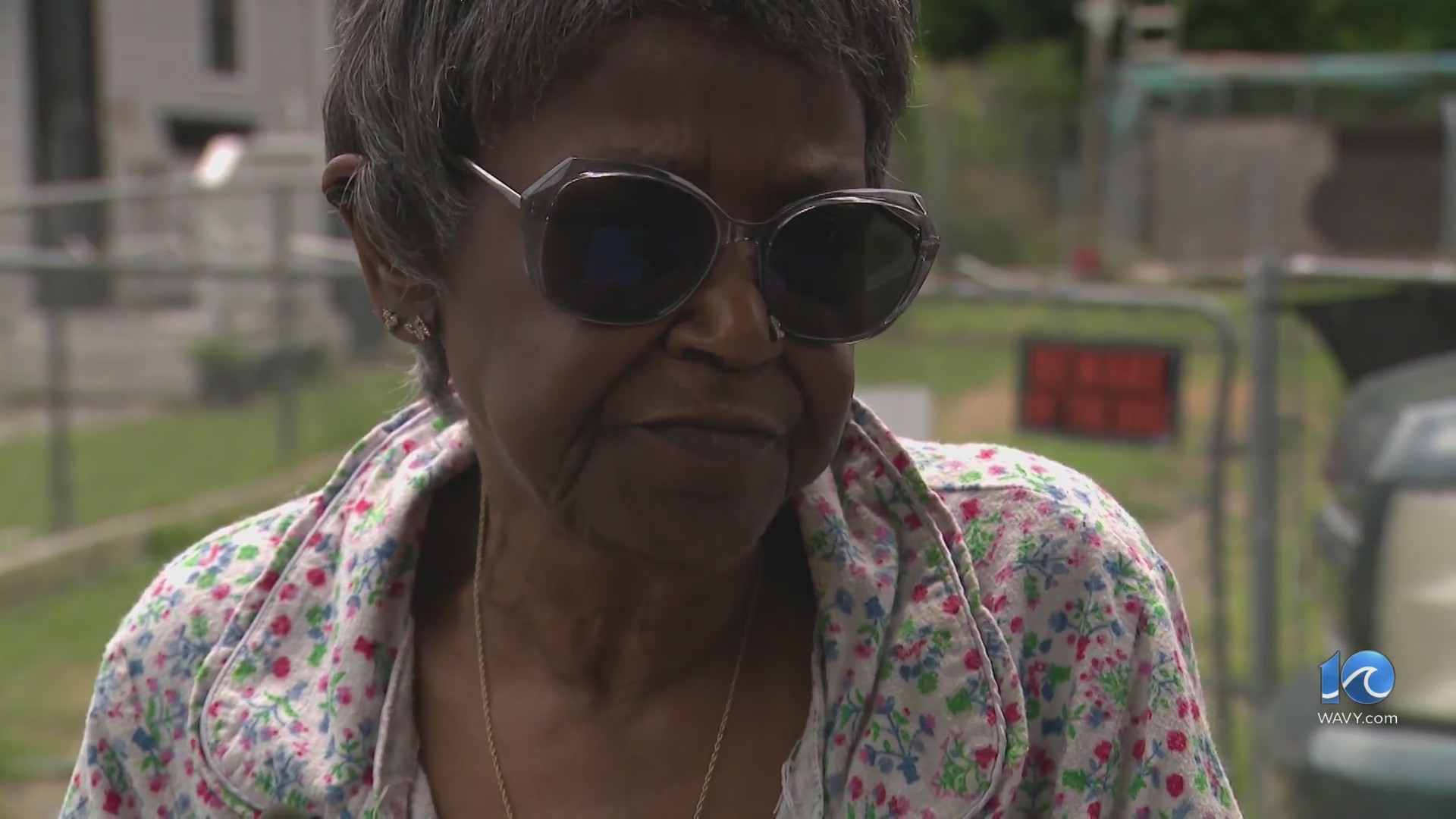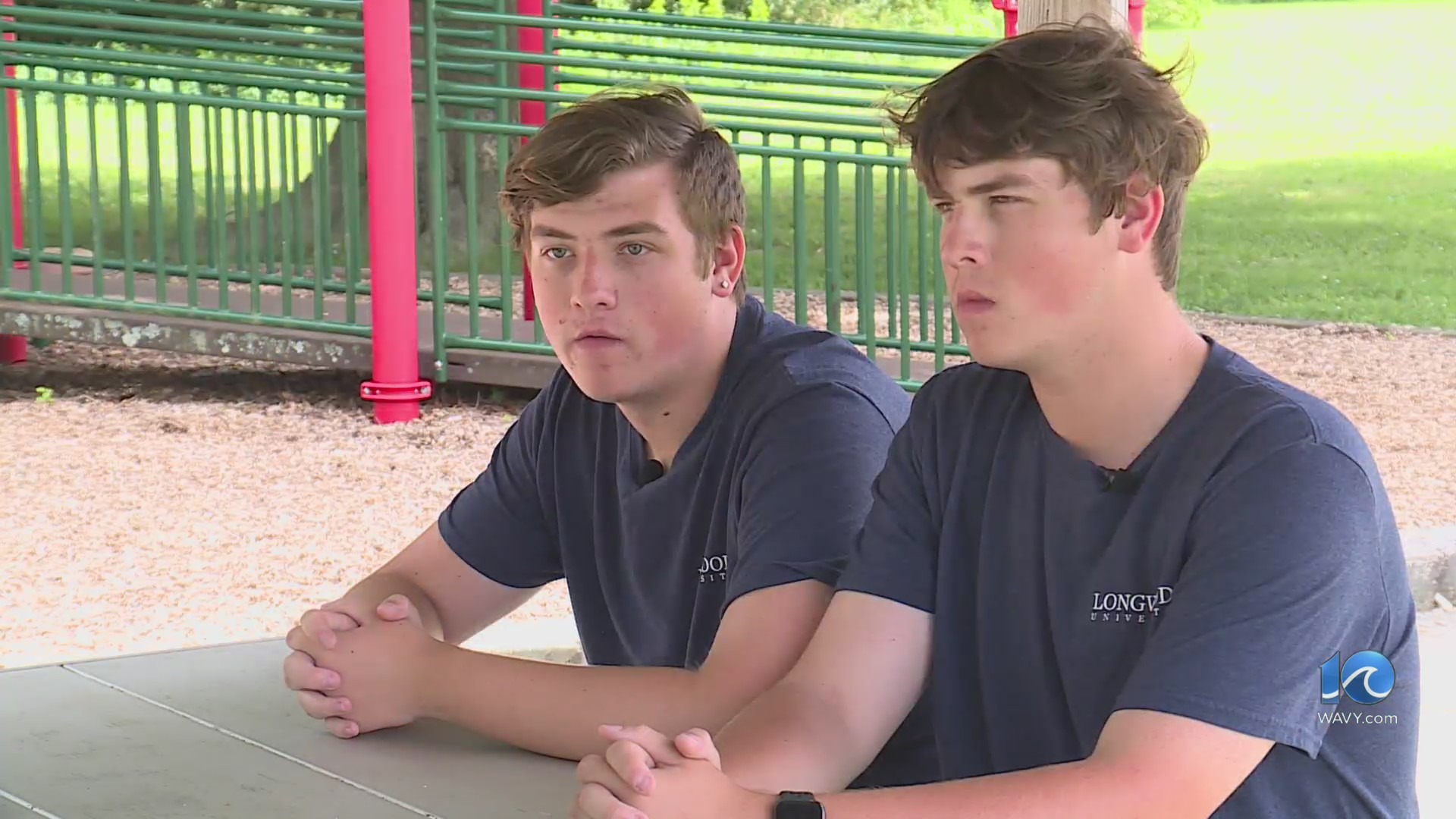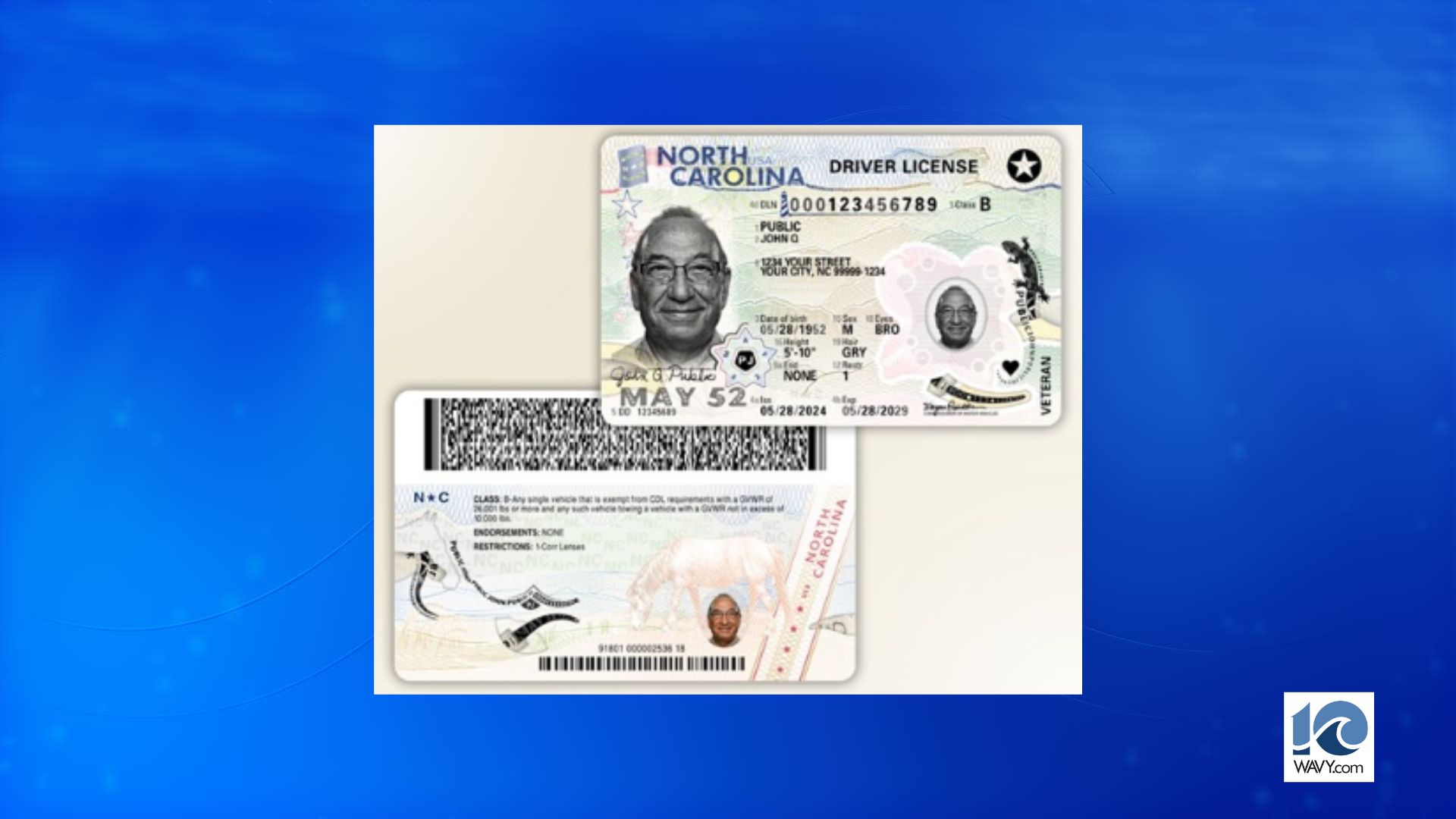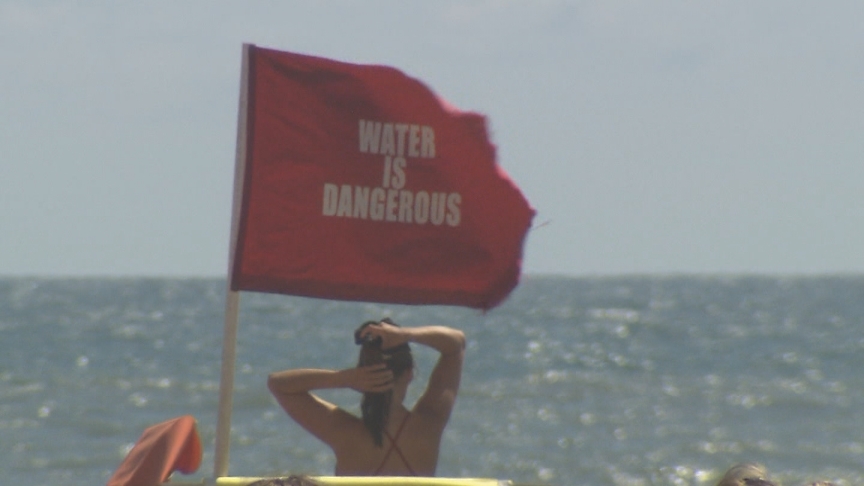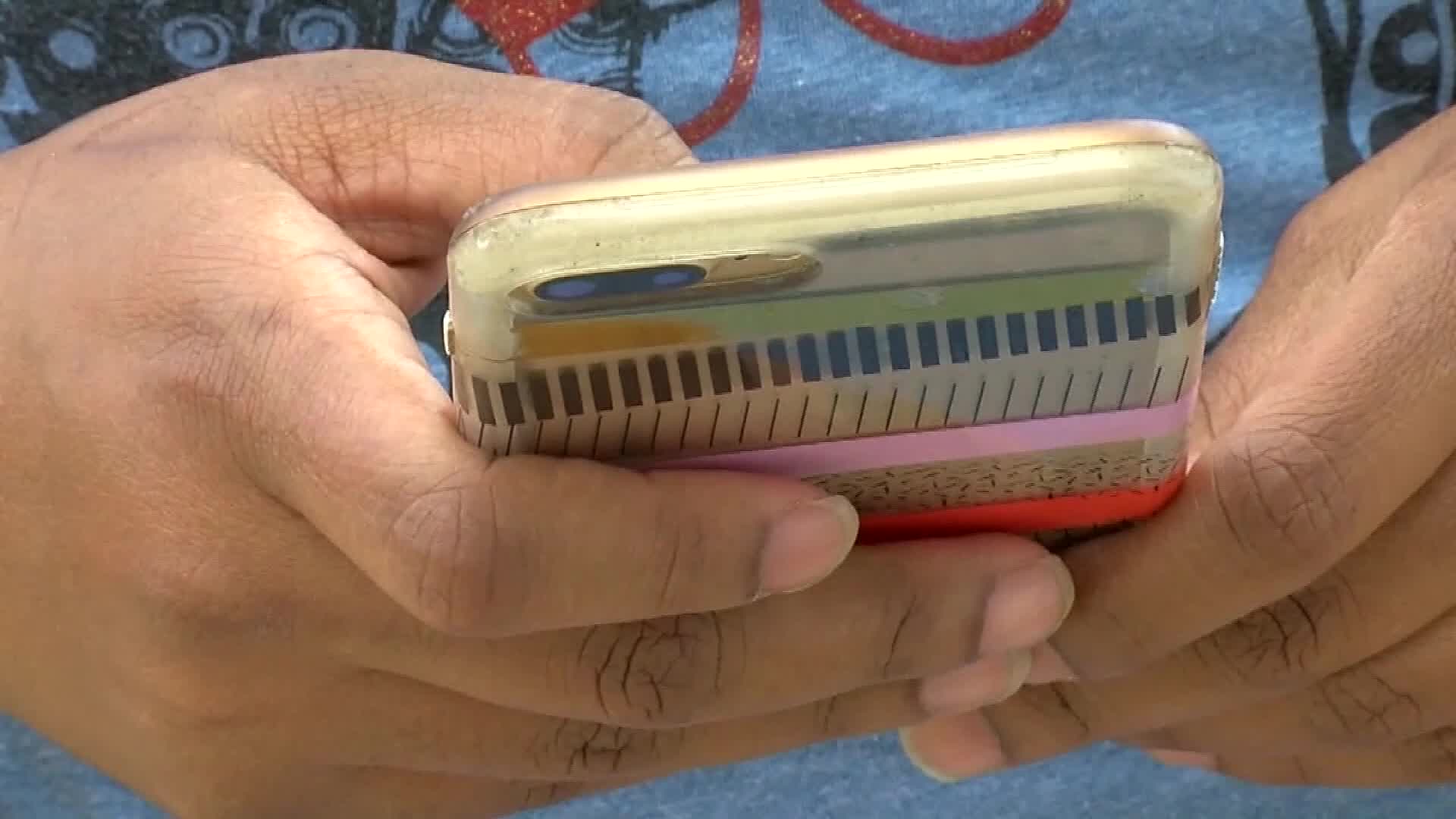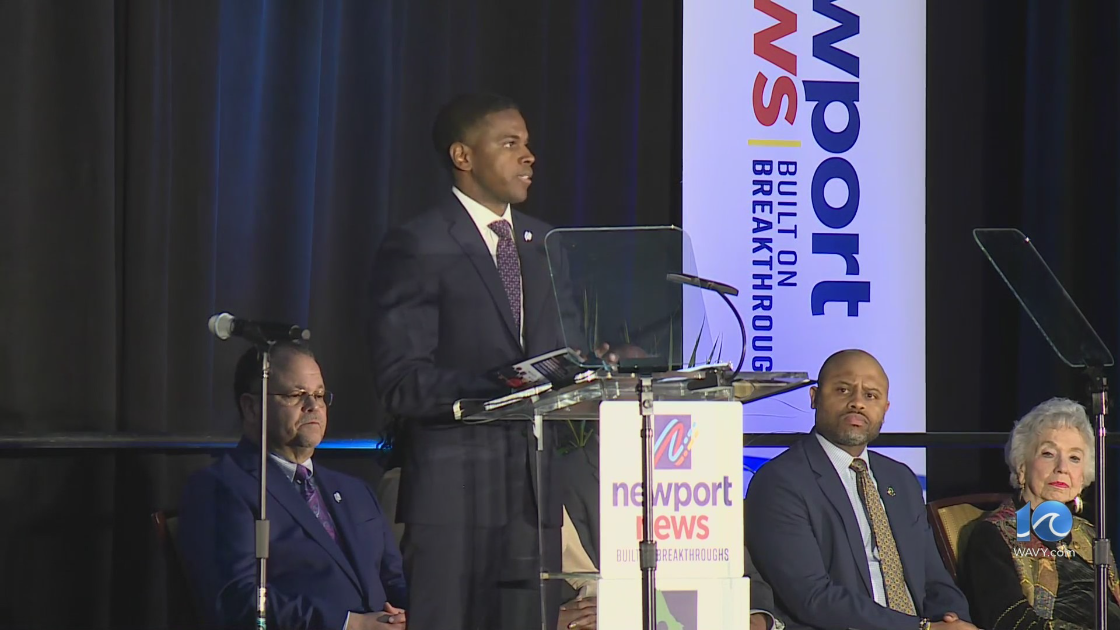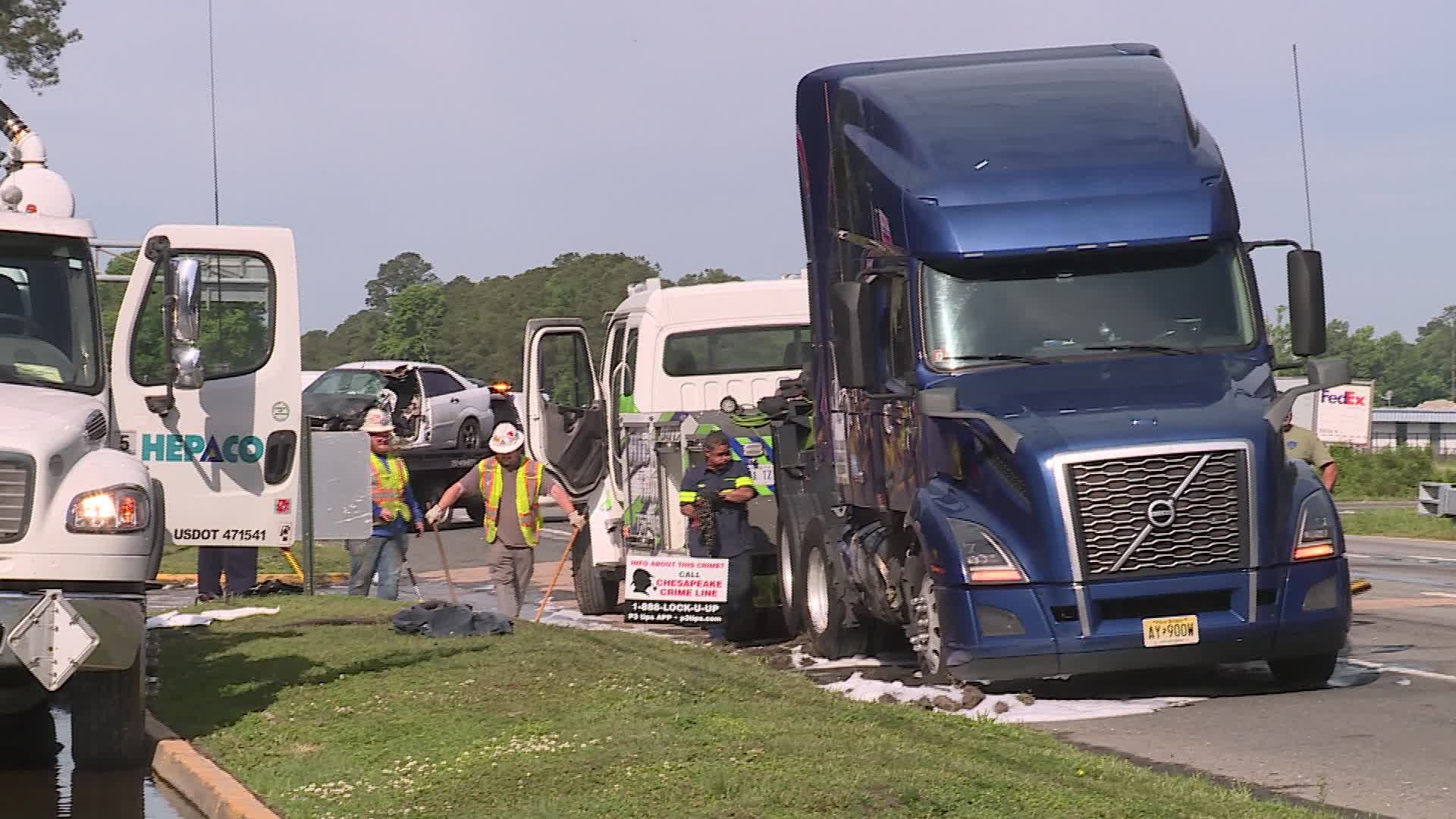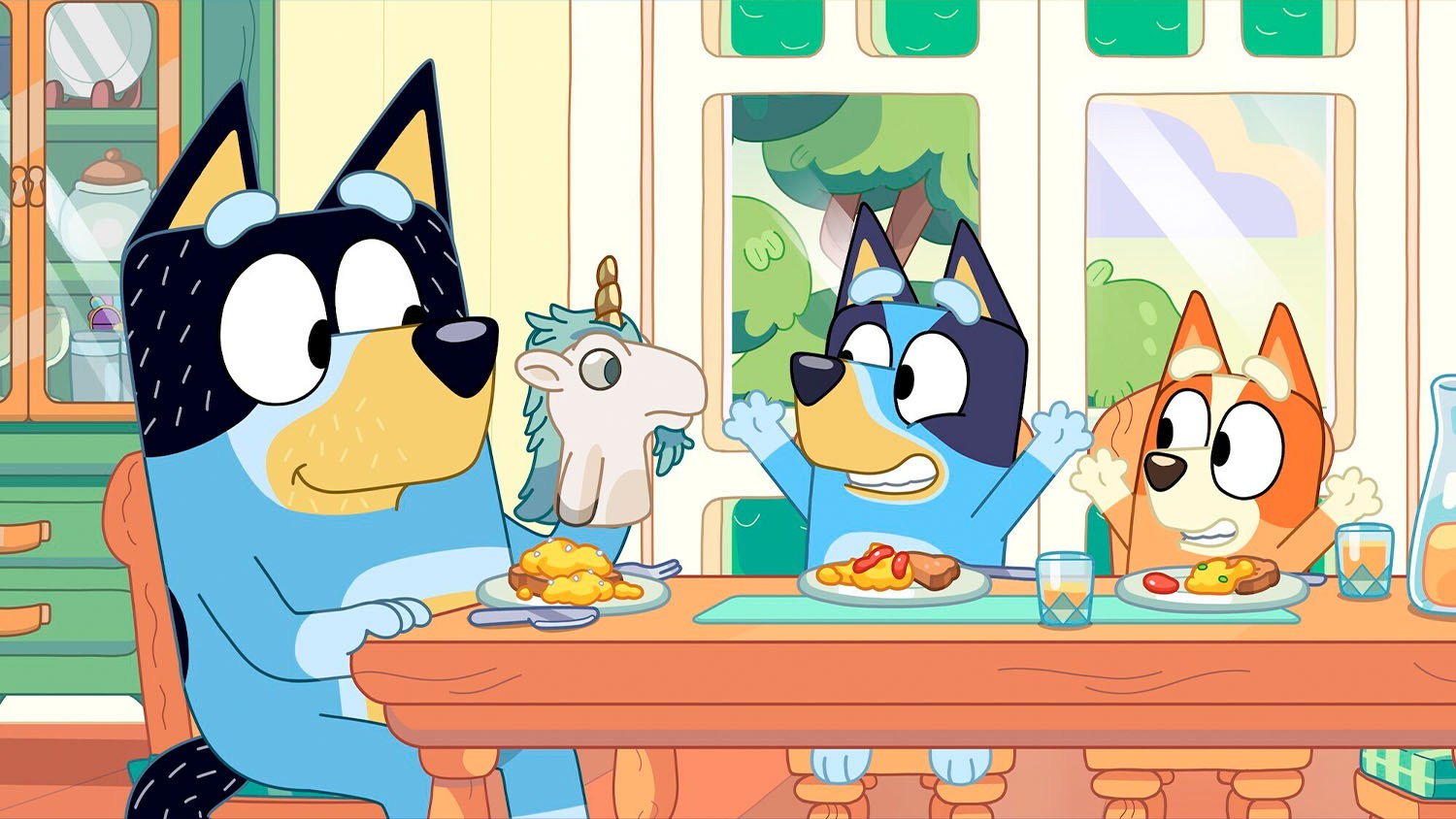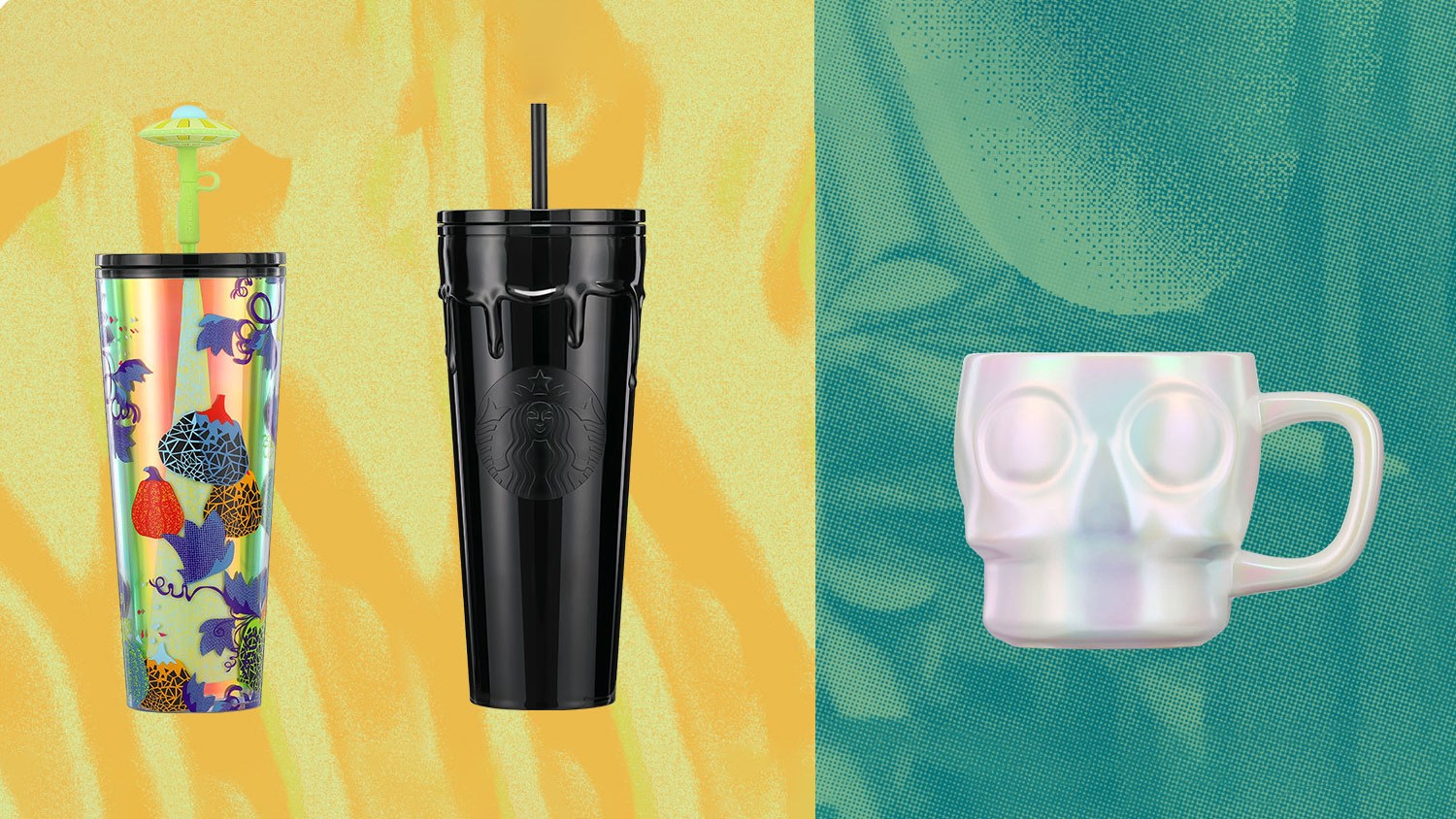EMERALD ISLE, N.C. (WNCT) — Down along the coast of North Carolina, a whale was found dead recently due to harmful plastic it had ingested. Now, wildlife rehabilitators want to remind people of the dangers of balloon releases.
Emerald Isle is where the beached whale washed up on the shore due to ingesting a balloon, and wildlife experts say this is 100% preventable.
“Seeing the bag made me very sad for the animal and inside this stomach also was milk because the whale was a nursing calf. So dependent on her mom,” said Dr. Victoria Thayer, NC Marine Mammal Stranding coordinator.
Thayer with the NC State Center of Marine Sciences and Technology, or C-MAST, performed the necropsy and determined the cause of death was because of a balloon.
“It was very sad, but I think by telling this story, maybe it won’t be for nothing. You know that it can make a difference” said Thayer.
Several states across the US have banned mass balloon releases to prevent their harmful effects on wildlife. North Carolina is not one of them.
Virginia is. A new law banning the outdoor release of balloons went into effect July 1, 2021. Anyone 16 and over caught intentionally releasing or discarding balloons can face a $25 fine per balloon.
“I would absolutely love to see the entire state ban balloon releases simply because again, you can’t really celebrate something by ending something, something else’s life,” said Kaitlan Adkins, cofounder and wildlife rehabilitator of Wild at Heart Wildlife Sanctuary.
The Wild at Heart Wildlife Sanctuary often sees injured animals that come into contact with human-made products, like balloons.
“Some things that are marketed as biodegradable, while technically they are can actually take months and months and months to degrade. Is it safe for animal ingestion? Because that’s one of the biggest things impacting marine life. If an animal ingests this, is it actually digestible?” said Atkins.
Now they’ve created a petition to urge lawmakers to advocate for the voiceless at risk.
“Balloon releases may seem small, insignificant. But this could make a global impact if this is something that we’re truly able to stop,” added Atkins.


















































